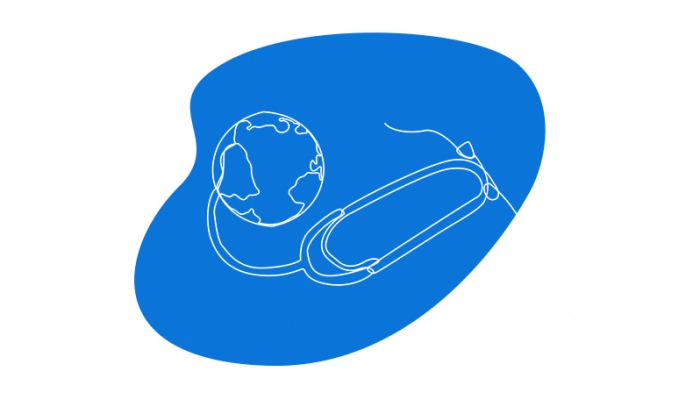Lessons from the rights and wrongs of health and pharmaceutical communications
There have been plenty of challenges in health and pharmaceutical reporting and communications over the last 30 years, with the last three being particularly tumultuous for those tasked with communicating both complex and constantly evolving news to the public.
At a Vuelio lunch held at the Gherkin last month, Channel 4’s health and social care editor Victoria Macdonald shared the lessons to be learned from the good and bad of her 30-year career covering health and pharma.
Read on for her thoughts on high-profile political flubs you won’t want to replicate, the importance of ensuring any promises made can be met, and just how unhealthy misinformation can be to your audience.
PR teams: prime your spokesperson properly
‘Looking back over the various points in my career and the exciting breakthroughs – the scandals, the pandemics – I would say that Covid was an interesting roller coaster.
‘I was the journalist who asked Boris Johnson if he was still shaking hands. I wasn’t actually trying to catch him out; I was genuinely interested. His reply was so astonishing – “Yes,” he said.
“I am shaking hands,” Johnson added. “Only last night I was in a hospital shaking hands with coronavirus patients.”
‘The chief medical officer and the chief scientific adviser went pale as they stood beside him. An hour or so later the Downing Street press office rang to say that of course he hadn’t shaken hands with coronavirus patients.’
Promises must be met
‘My first interaction with the pharmaceutical industry, and whether it was making excessive profits at the sake of people’s lives, was around reputation.
‘I am thinking about a court case in 2001 in which the South African Government won against 39 pharmaceutical companies that had sued because of a provision that would have allowed the production and importation of generic drugs for HIV/Aids. That case was dropped in the end because of national and international pressure.
‘I was there reporting it and it was a momentous day – undermined by the Government actually failing to distribute drugs until they, too, were taken to court.’
Balance celebration with caution
‘There’s news of another Alzheimer drug that can slow cognitive decline by 35%. And the quote was that this could be the beginning of the end of Alzheimer’s disease. The thought is so thrilling and anyone in this room who has seen or is living with family members who have Alzheimer’s knows what it’s like to watch it happening in front of your eyes.
‘This may be too late for our mothers or fathers or grandparents – but maybe it will be ok for us – I hope so.
‘Yet this is another one of those announcements where you have to be so utterly cautious when reporting and communicating it. You want it to be a celebration, you absolutely want it to be the beginning of the end of Alzheimer’s, but you have to tell your audience that there are many caveats.
‘The last thing you want to do is rain on someone’s parade, but neither do you want a relative ringing up and saying where is this drug, why can’t my Mum have it now?’
Inoculate your audience against misinformation
‘That most wonderful moment nine months into the pandemic when the announcement of the first vaccines was made – we had had so many briefings early on in 2020 that no vaccine was in sight and then suddenly there really was.
‘Professor Sir Andrew Pollard, director of the Oxford Vaccine Group, said the Astra Zeneca vaccine’s reputation had been battered by a toxic mix of misinformation, miscommunication, and mishaps.
‘Yet there were trial problems – and reporting on these was very difficult because you didn’t want to lose the excitement of such an important development, but had to give as much information as possible.
‘There was a real change in communications during the pandemic. At first, Government press offices were slow to get up and going. But it got better very quickly.’
‘Looking back on Covid – so much changed and yet also so little’.
For more about maintaining trust and communicating complex campaigns clearly in health and pharmaceutical sectors, download the Vuelio white paper ‘Medical misinformation: How PR can stop the spread’.




%20-%20Vuelio&_biz_n=1&rnd=987442&cdn_o=a&_biz_z=1745486830240)


Leave a Comment